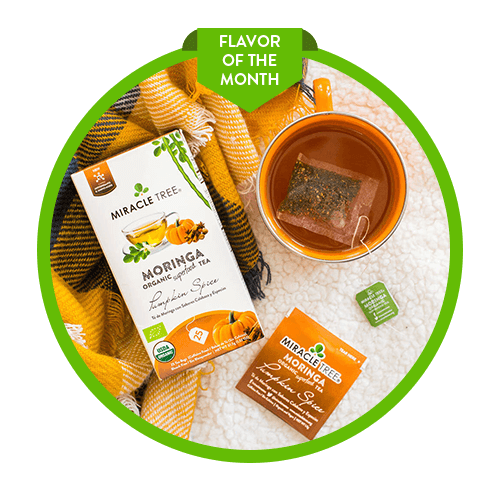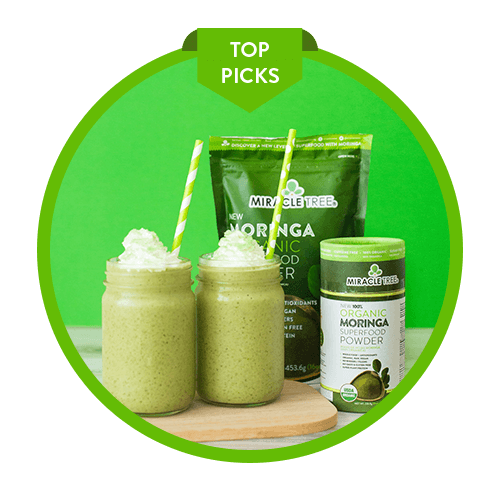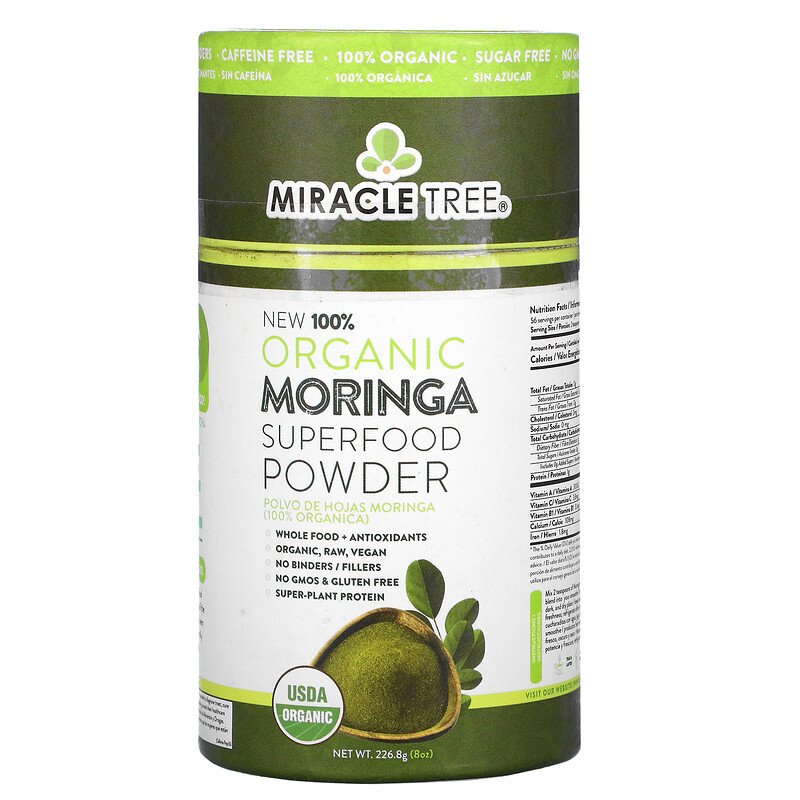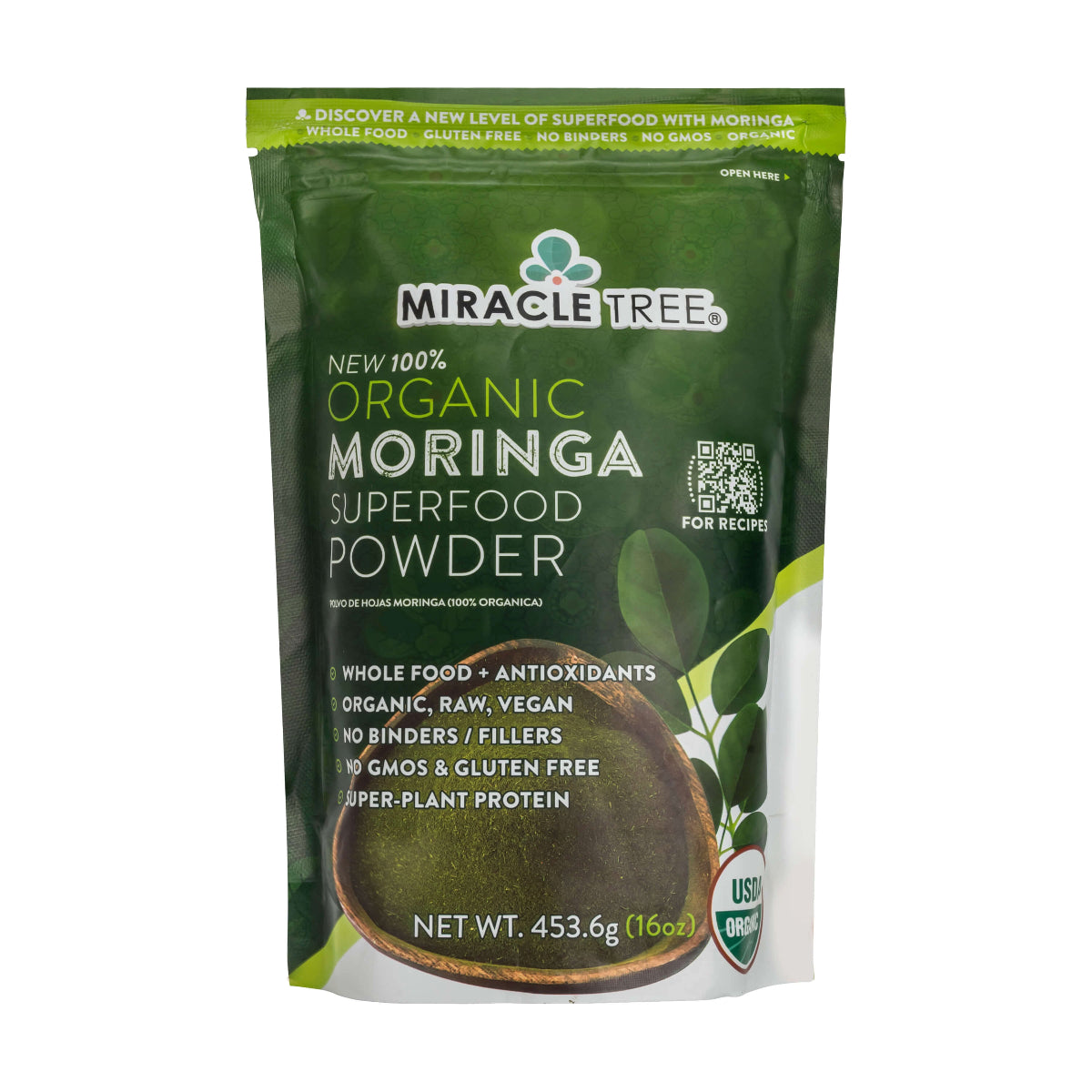Culinary herbs are edible aromatic plants that are added to dishes in small quantities to enhance flavor. In addition to the flavor that they add to a range of cuisines, most herbs also have medicinal uses. Such medicinal herbs and their corresponding essential oils have been used to treat a variety of ailments for centuries. Hence, herbs have a multi-purpose usage and are a kitchen staple in most households. Interestingly, while most herbs and spices are not suitable for our furry friends, there are few herbs safe for dogs, cats and other pets, which can be used for multiple reasons. Similar to the purpose herbs fulfill for humans, herbs add a healthy, nutritional dimension and mild flavor to dog’s food as well. While it is easy to buy store-bought pet foods that claim to provide our furry friends with all the nutrition they need, it is often not the best option for your dog. Just like humans, dogs deserve a mindfully-curated diet and more often than not, a good diet composed of a variety of pet-healthy dishes contributes to the healthy growth of your dog. Let’s explore three such herbs safe for dogs and how you can incorporate them into your dog’s diet.
TURMERIC
Turmeric as a spice/herb has been traditionally used in Ayurvedic medicine for centuries, thanks to its purported benefits. It offers a range of health benefits, particularly in relieving issues of the stomach. It detoxifies the body and purifies the blood. Turmeric contains a compound called curcumin, which is its active ingredient. Curcumin has powerful antioxidant, anti-inflammatory, antibacterial, anti-viral, antifungal and wound healing properties. It breaks down dietary fats and helps soothe irritable bowel disease and boosts the immune system. The recommended dose depends on the size of your dog and most dogs don’t mind the taste at all. Turmeric is an herb safe for dogs and is one of the best spices to include in your dog's diet. Try making the standard “golden paste” that can be added to any of your dog’s meals. The recipe calls for:
- 1/2 cup of organic turmeric powder
- 1 to 1 1/2 cups of filtered water
- 1/4 cup of organic cold pressed coconut oil
Method: Mix the turmeric with the water in a pan on low to medium heat for seven to 10 minutes until it forms a paste-like consistency. Once it turns into a paste, you can add coconut oil and stir until it forms a thick paste. Allow the mixture to cool and place it in a tightly sealed jar in the fridge to be used for up to two weeks.
MORINGA
Among all herbs safe for dogs, a superfood that is as healthy for our canine friends as it is for us, is moringa. Touted as one of the healthiest green superfoods, moringa is gaining ground globally for all the right reasons. It is an excellent source of vitamins, minerals and essential amino acids. Among other things, it offers a range of anti-inflammatory and antioxidant properties, promotes healthy digestion and circulation, boosts the immune system, increases mental clarity and energy levels, helps in weight management and improves health of hair, keeping it shiny and radiant. Since moringa comes in many forms, it is very convenient to be incorporated into your dog’s food. Try these moringa dog biscuits as a treat:
- 1/2 cup moringa powder
- 1 cup whole wheat flour
- A handful of fresh mint leaves, chopped finely
- 1 tbsp honey
- 1 egg
- 1 apple, peeled and grated
- 1/2 cup water
Method: Preheat your oven to 225°F. Mix together the dry ingredients. Then mix the egg, apple, honey, grated apple and water. Combine the dry and wet mixture until a dough forms. Roll out your dough onto a floured surface. Using your chosen cookie cutters, cut out your preferred biscuit shape. Place them onto greased baking trays and bake for 25 minutes or until it becomes slightly golden. Wait for them to cool and serve.
GINGER
The properties that make herbs safe for dogs are quite similar to the properties that make them safe for humans and vice versa. One such herb, ginger, is no exception. It is the holy-grail in treating stomach problems—from an upset stomach to nausea and vomiting. The presence of compounds such as gingerol and shogaol provide ginger with its anti-nausea effects and also act as anti-inflammatory agents. The anti-inflammatory properties of ginger also soothes the digestive tract. Mixing a little bit of ginger in the diet of senior dogs may help boost cognitive function and decrease age-related joint pain.
While these herbs are safe for your dogs, it is always best to consult your vet prior so that you can get an accurate recommended dosage for your furry friend.







